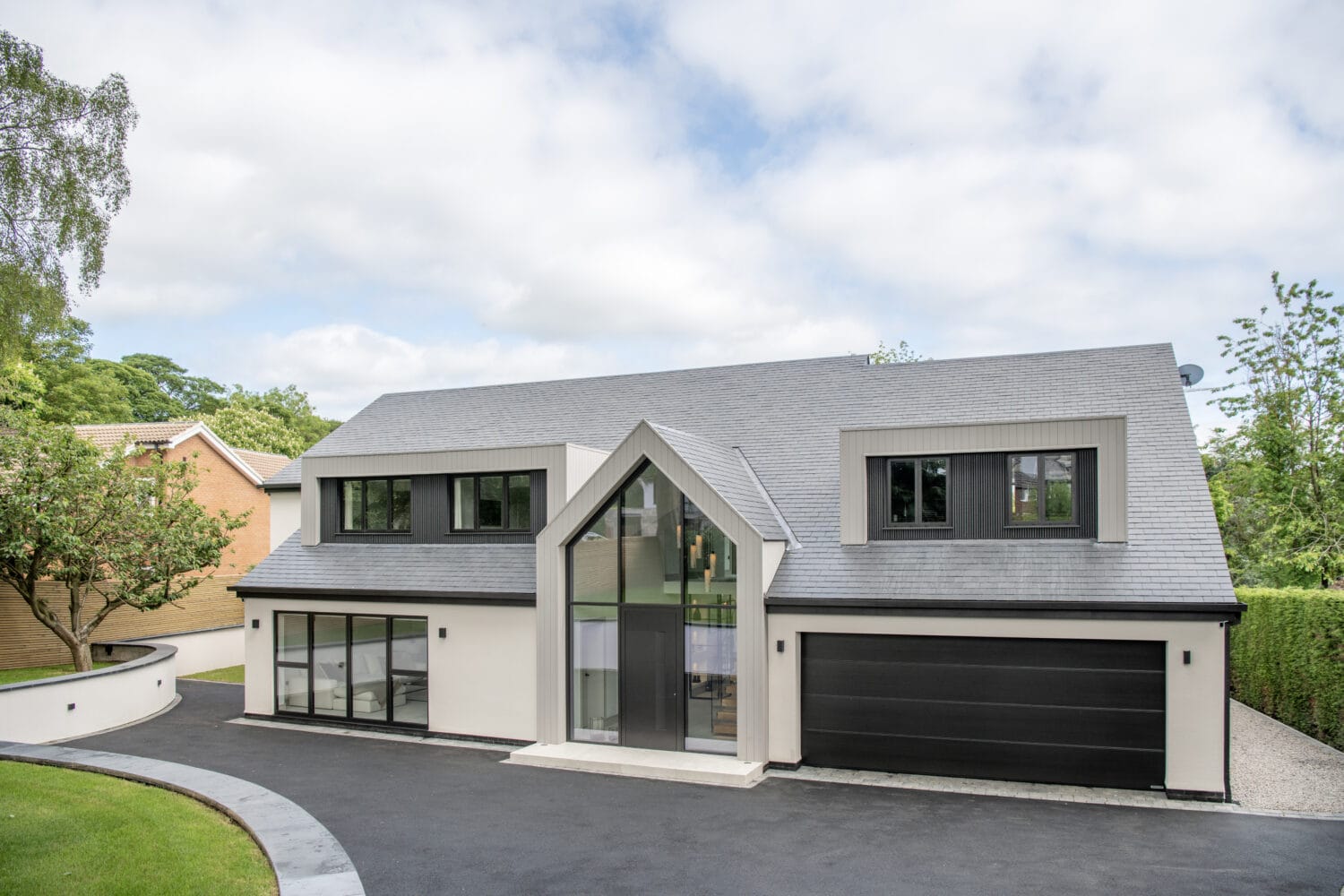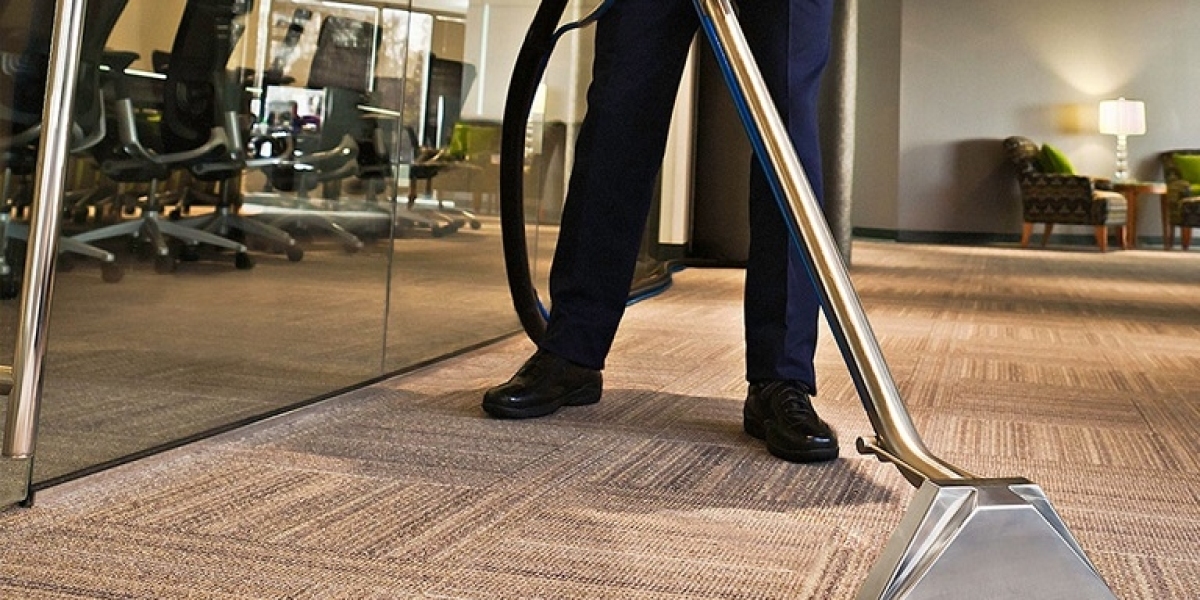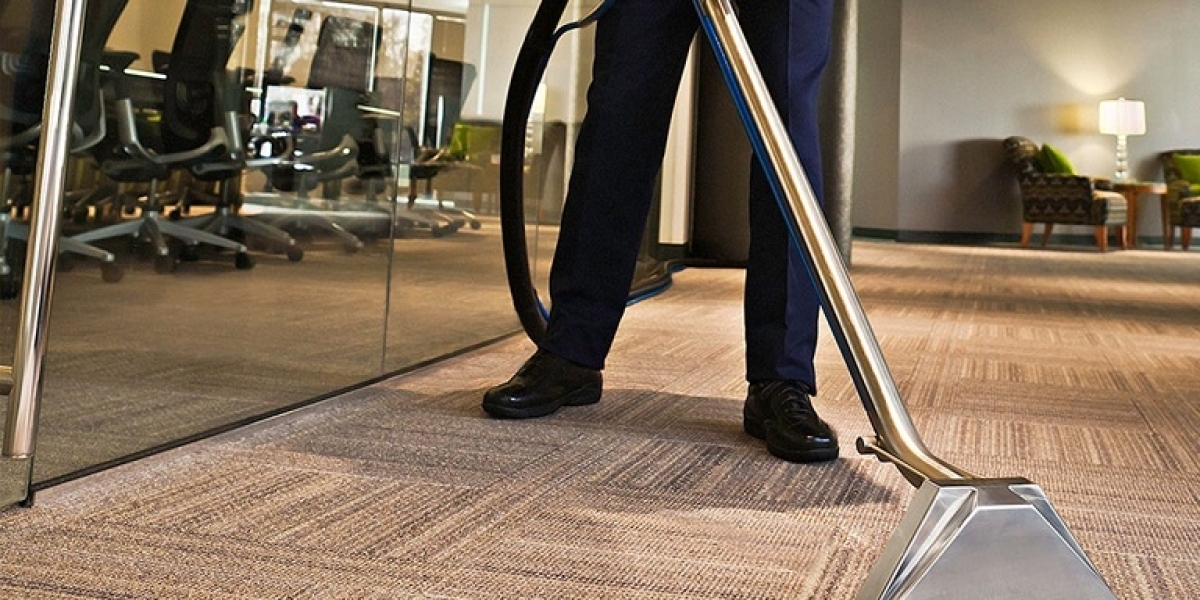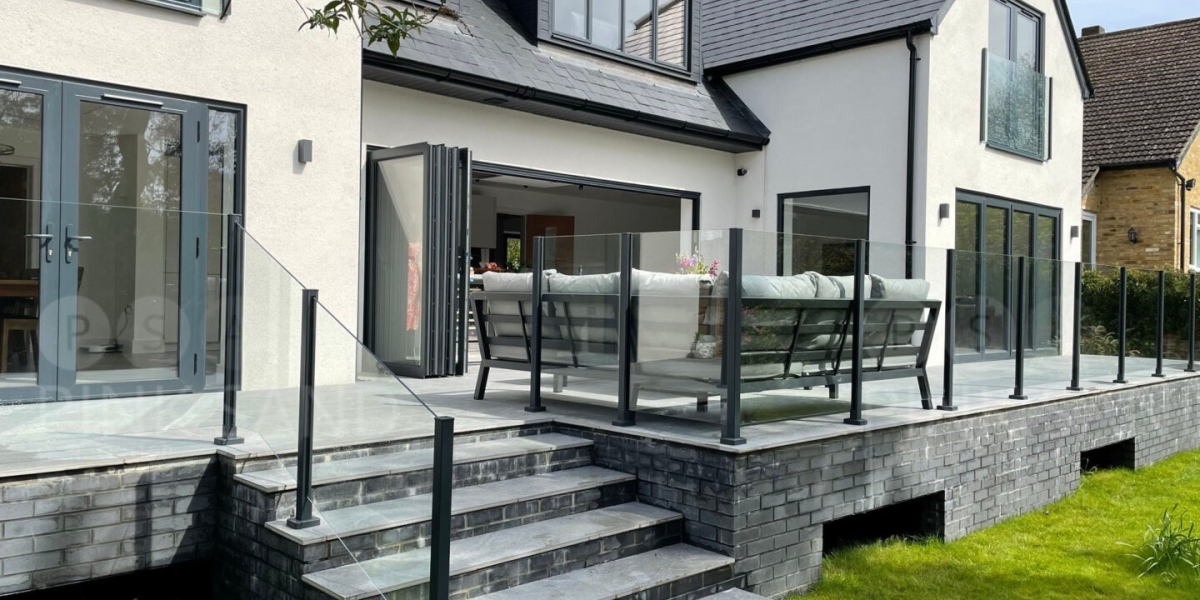Glass partitions have become an increasingly popular choice in modern architecture and interior design, offering a blend of aesthetics, functionality, and versatility. These transparent barriers are used in a variety of settings, from corporate offices to residential spaces, providing an innovative solution for dividing areas without compromising light or openness. This report delves into the various aspects of glass partitions, including their types, benefits, applications, and considerations for installation.

Types of Glass Partitions
- Frameless Glass Partitions: These partitions consist of large sheets of glass held together with minimal framing, creating a sleek and modern look. Their transparency allows for maximum light penetration, making spaces feel larger and more connected.
- Framed Glass Partitions: In contrast to frameless options, framed glass partitions use metal or wooden frames to support the glass panels. This design can offer additional structural integrity and can be customized to match the interior decor.
- Operable Glass Partitions: These partitions can be moved or reconfigured as needed, allowing for flexibility in space usage. Ideal for multipurpose areas, operable glass partitions can be opened to create larger spaces or closed for privacy.
- Soundproof Glass Partitions: Designed to minimize noise transmission, soundproof glass partitions are an excellent choice for environments where privacy and quiet are essential, such as conference rooms or private offices.
- Smart Glass Partitions: Incorporating technology, smart glass partitions can change their opacity with the flip of a switch. This feature allows users to maintain privacy when necessary while still enjoying the benefits of natural light.
Benefits of Glass Partitions
- Natural Light: One of the primary advantages of glass partitions is their ability to allow natural light to flow through a space. This not only enhances the aesthetic appeal but also contributes to the well-being of occupants by creating a brighter and more inviting atmosphere.
- Space Optimization: Glass partitions can help maximize the use of available space. By creating divisions without the need for bulky walls, they allow for more efficient layouts and can make smaller areas feel more expansive.
- Aesthetic Appeal: The modern and sleek appearance of glass partitions can elevate the design of any space. They can be customized with various finishes, tints, and textures to match the overall theme of the interior.
- Flexibility: Many glass partition systems are modular, meaning they can be easily reconfigured or relocated as needs change. This adaptability is particularly beneficial in dynamic environments such as offices that may require frequent layout changes.
- Sound Control: While standard glass partitions may not offer significant sound insulation, specialized soundproof options can effectively reduce noise pollution, making them suitable for offices, clinics, and other environments where confidentiality is crucial.
- Low Maintenance: Glass partitions require minimal maintenance compared to traditional drywall partitions. They are easy to clean and https://tradewindowsandsupplies.co.uk resistant to wear and tear, making them a durable choice for high-traffic areas.
Applications of Glass Partitions
- Corporate Offices: Glass partitions are widely used in corporate environments to create private offices, meeting rooms, and collaborative spaces. They help maintain an open feel while providing necessary privacy for focused work.
- Retail Spaces: In retail settings, glass partitions can be used to create distinct areas for different product lines or services while maintaining visibility and an inviting atmosphere for customers.
- Healthcare Facilities: Hospitals and clinics often utilize glass partitions to create waiting areas, consultation rooms, and treatment spaces. The transparency of glass can help reduce feelings of confinement and enhance the overall patient experience.
- Educational Institutions: Schools and universities are increasingly adopting glass partitions to create flexible learning environments. They can be used to separate classrooms or study areas while still allowing for visibility and interaction.
- Residential Spaces: Homeowners are also embracing glass partitions to define spaces within their homes, such as separating living areas from dining spaces or creating home offices. The use of glass can enhance natural light and create a modern aesthetic.
Considerations for Installation
While glass partitions offer numerous advantages, there are several factors to consider before installation:
- Building Codes and Regulations: It is essential to check local building codes and regulations regarding the use of glass partitions, particularly concerning safety, fire resistance, and structural integrity.
- Cost: The cost of glass partitions can vary significantly based on the type of glass, framing options, and installation complexity. Budget considerations should be made early in the planning process.
- Privacy Needs: Depending on the intended use of the space, it is crucial to assess the level of privacy required. In some cases, frosted or tinted glass may be necessary to ensure confidentiality.
- Acoustic Performance: For environments where sound control is a priority, it is important to select appropriate soundproof glass options and consider the overall design to minimize noise transmission.
- Installation Expertise: Proper installation is critical to ensure the safety and functionality of glass partitions. Engaging experienced professionals is advisable to avoid potential issues related to structural integrity or safety.
- Maintenance: While glass partitions are generally low maintenance, it is important to establish a cleaning routine to keep them looking their best. Consideration should also be given to the type of glass used, as some may require special cleaning products.
Conclusion
Glass partitions represent a contemporary solution for space division that balances aesthetics with functionality. Their ability to enhance natural light, create flexible spaces, and maintain a modern look makes them an attractive choice for a wide range of applications. As the demand for open, adaptable environments continues to grow, glass partitions are likely to play an increasingly prominent role in the design of both commercial and residential spaces. By understanding the various types, benefits, applications, and considerations associated with glass partitions, architects, designers, and property owners can make informed decisions that align with their vision and needs.








